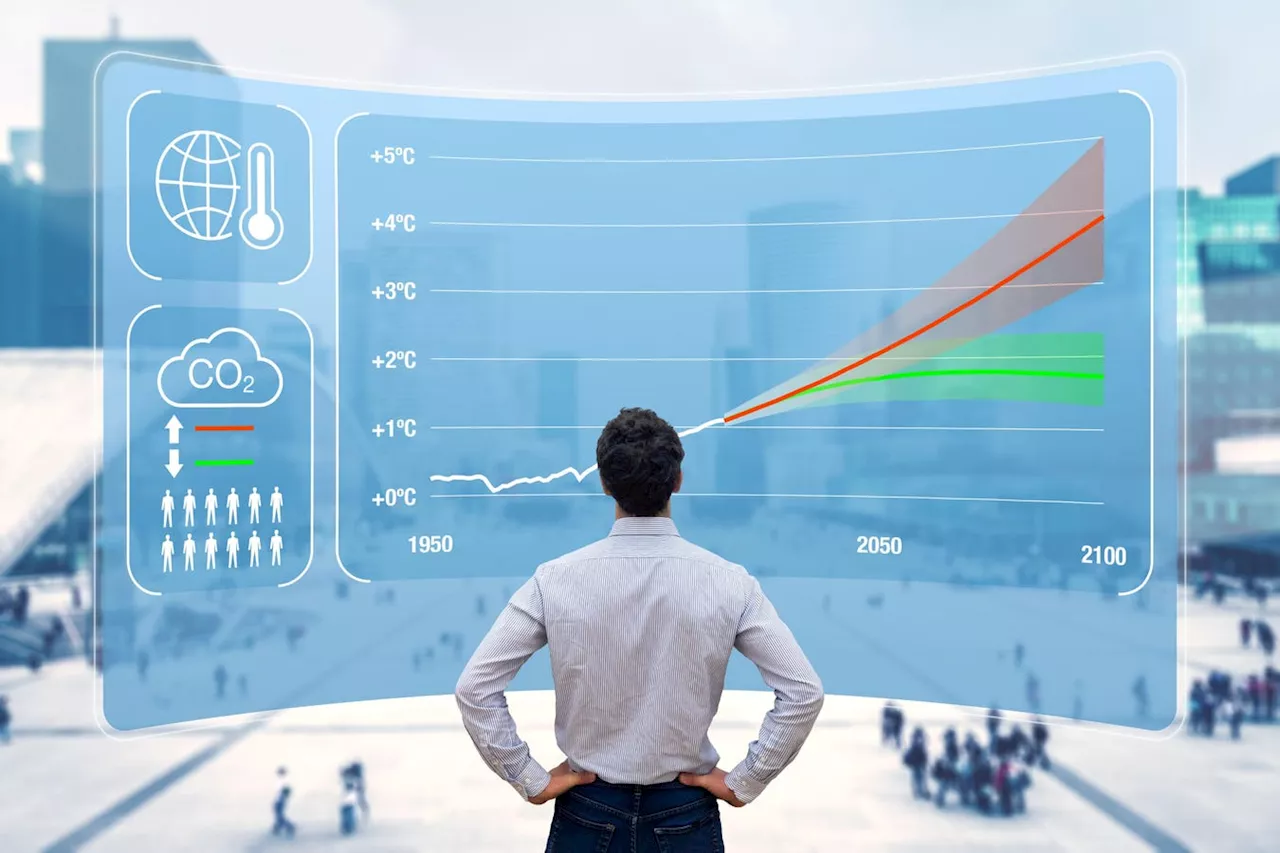Here's a sobering reminder that climate risks are real, immediate, and their consequences can be disastrous.
While artificial intelligence has become increasingly present in contemporary business operations over the past two years, the term might still trigger images of dystopian films like. Hollywood's larger-than-life portrayals of AI catastrophe, while cinematically compelling, obscure a more nuanced reality: the genuine risk lies not in AI itself, but in failing to harness its potential.
The World Economic Forum's recent analysis presents a sobering metric: climate-related disasters have inflicted $3.6 trillion in damages since 2000, with an accelerating annual trajectory. Preliminary estimates from 2024's Atlantic hurricane season, which included the historic Milton and Helene storms, approach a staggering $500 billion – encompassing both immediate structural damage and cascading effects across employment, agriculture, and supply chain networks.
Beyond physical considerations, the risk matrix includes supply chain resilience, operational continuity, public health implications, resource scarcity, and regulatory compliance. A warming planet and its related effects put unprecedented strain on international supply networks. Businesses must ensure their supply chains exhibit not just efficiency, but adaptability in the face of mounting climate pressures.
This is where artificial intelligence comes into play – not as the dystopian force of Hollywood imagination, but as a sophisticated analytical ally.
Climate Change AI Artificial Intelligence World Economic Forum SAP Sustainable Business
United States Latest News, United States Headlines
Similar News:You can also read news stories similar to this one that we have collected from other news sources.
 Biden's Climate Adviser Says Ending Climate Action Risks Clean Tech JobsIn an extended interview, White House climate adviser Ali Zaidi said while some clean-energy sectors have achieved liftoff, others could be at risk.
Biden's Climate Adviser Says Ending Climate Action Risks Clean Tech JobsIn an extended interview, White House climate adviser Ali Zaidi said while some clean-energy sectors have achieved liftoff, others could be at risk.
Read more »
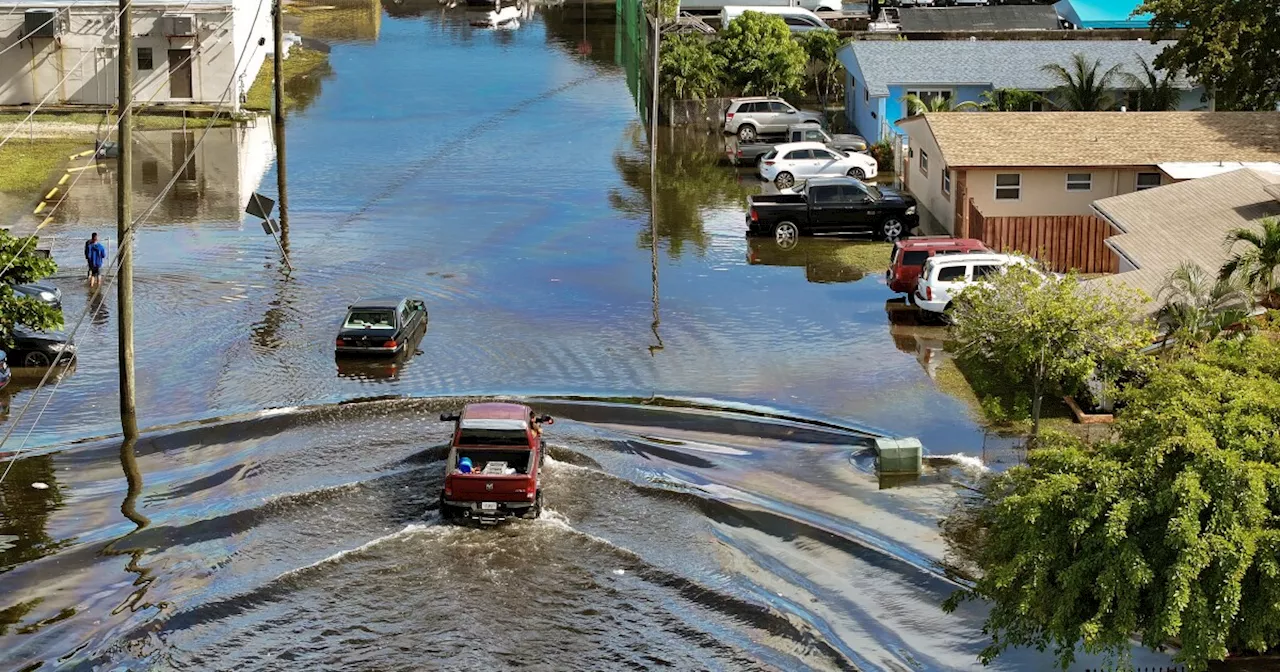 Insurance Crisis: Climate Risk Drives Premiums Soar and Policies DropThe insurance market is facing a crisis due to rising climate risks, with premiums skyrocketing and policies being dropped at an alarming rate. A recent analysis revealed that 1.9 million insurance contracts were not renewed, reflecting the growing challenges insurers face in managing these risks.
Insurance Crisis: Climate Risk Drives Premiums Soar and Policies DropThe insurance market is facing a crisis due to rising climate risks, with premiums skyrocketing and policies being dropped at an alarming rate. A recent analysis revealed that 1.9 million insurance contracts were not renewed, reflecting the growing challenges insurers face in managing these risks.
Read more »
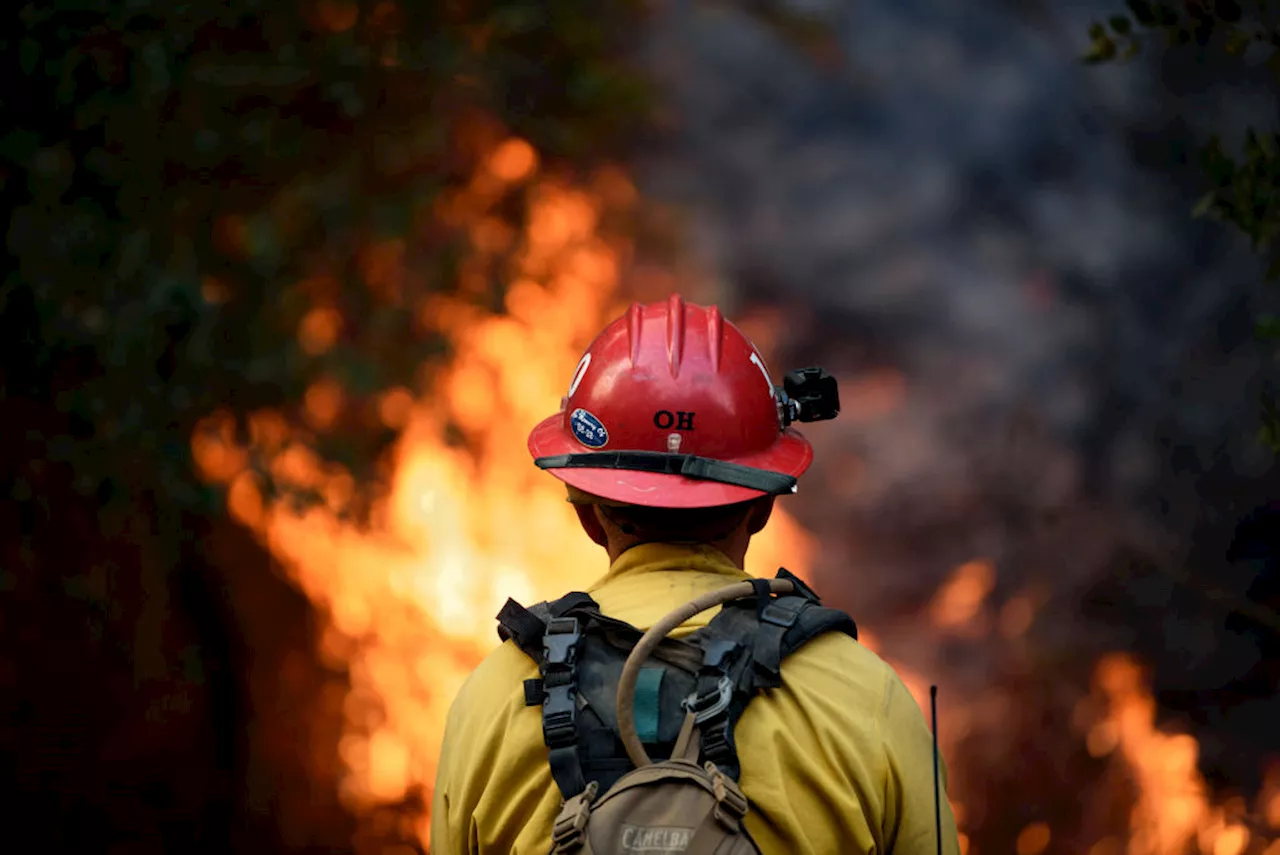 Older Women Face Higher Risk in Climate DisastersThis article highlights the disproportionate vulnerability of older women to climate-related disasters, using the example of the 2017 Thomas fire and the 2023 Lahaina wildfires. It argues that emergency planning often overlooks the needs of older adults living in the community.
Older Women Face Higher Risk in Climate DisastersThis article highlights the disproportionate vulnerability of older women to climate-related disasters, using the example of the 2017 Thomas fire and the 2023 Lahaina wildfires. It argues that emergency planning often overlooks the needs of older adults living in the community.
Read more »
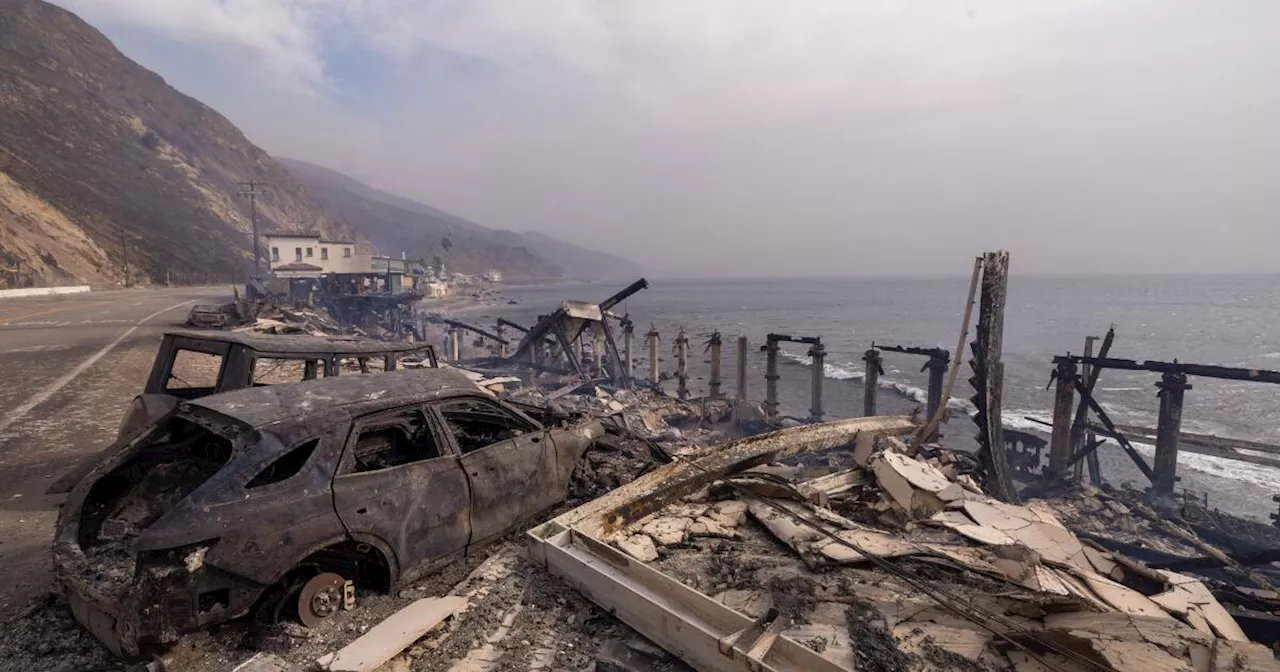 Climate Change Fuels Extreme Weather Swings, Increasing Wildfire RiskScientists warn that human-caused climate change is leading to more frequent and intense shifts between wet and dry weather, a phenomenon known as hydroclimate whiplash. This trend increases the risk of wildfires, flooding, and other hazards. The study, published in Nature Reviews Earth & Environment, found that hydroclimate whiplash events have already grown by 31% to 66% since the mid-1900s and are projected to more than double in a scenario where global warming reaches 3 degrees Celsius.
Climate Change Fuels Extreme Weather Swings, Increasing Wildfire RiskScientists warn that human-caused climate change is leading to more frequent and intense shifts between wet and dry weather, a phenomenon known as hydroclimate whiplash. This trend increases the risk of wildfires, flooding, and other hazards. The study, published in Nature Reviews Earth & Environment, found that hydroclimate whiplash events have already grown by 31% to 66% since the mid-1900s and are projected to more than double in a scenario where global warming reaches 3 degrees Celsius.
Read more »
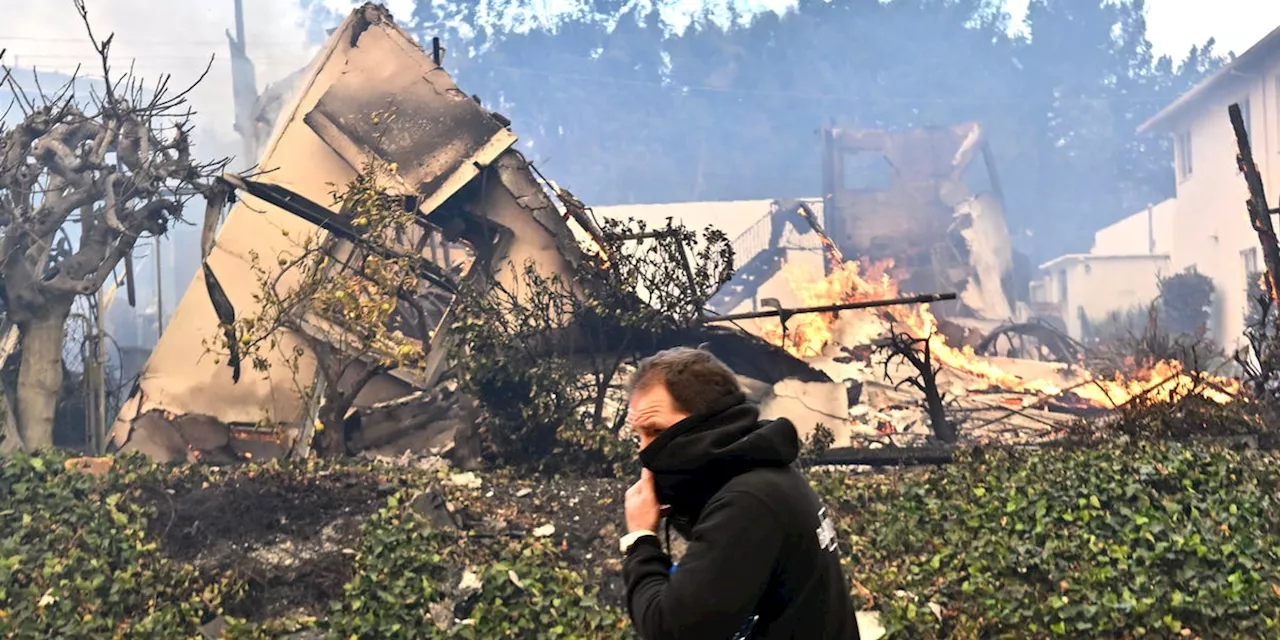 Climate-risk scientist built Pacific Palisades home to withstand fireBusiness Insider tells the global tech, finance, stock market, media, economy, lifestyle, real estate, AI and innovative stories you want to know.
Climate-risk scientist built Pacific Palisades home to withstand fireBusiness Insider tells the global tech, finance, stock market, media, economy, lifestyle, real estate, AI and innovative stories you want to know.
Read more »
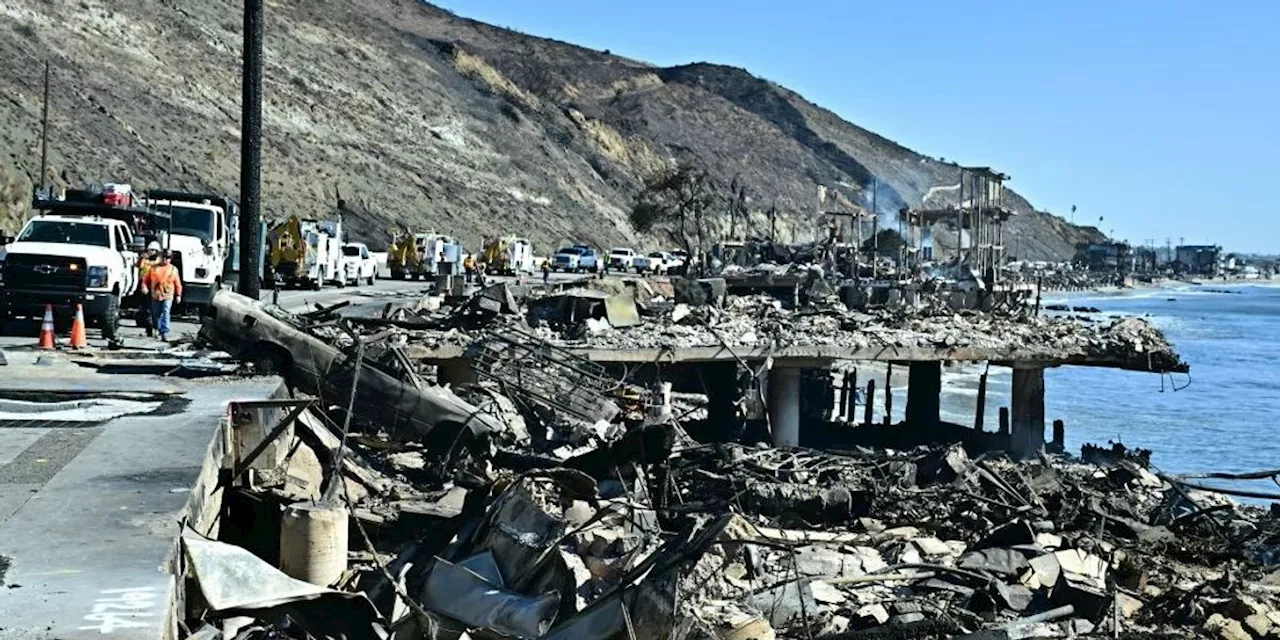 Actuaries and Scientists Warn Climate Shocks Risk 'Planetary Insolvency'Jessica Corbett is a senior editor and staff writer for Common Dreams.
Actuaries and Scientists Warn Climate Shocks Risk 'Planetary Insolvency'Jessica Corbett is a senior editor and staff writer for Common Dreams.
Read more »
